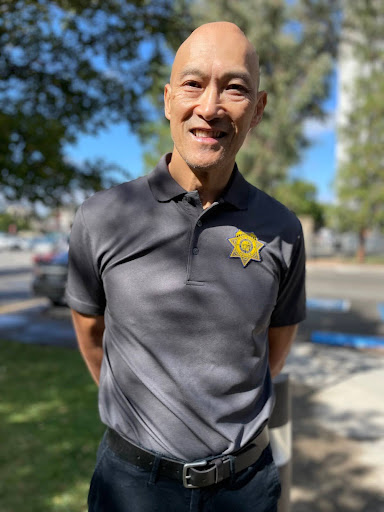In “Captain America: Civil War,” we’re given a large-scale movie adaptation of the famed 2006 Marvel comic series “Civil War.” While the comic book earned some praise among mixed reception for its depiction of war among heroes, the movie adaption never becomes a cohesive film.
Following the disaster from “Avengers: Age of Ultron,” world governments are high-strung over the issues of proper control of the Avengers. The heroes can be as much of a liability as villains. Once another catastrophe and the heroes’ negligence result in casualties, world governments decide to create legislation that requires superheroes to only act under government orders. These new regulations split the team over whether or not to comply with this new authority.
Although the set-up for the split is nearly identical to the comic, with Iron Man and Captain America having irreconcilable ideologies, the overall story suffers for its deviation from the source material. In the comics, there was a long established history of dozens of heroes creating a realistic depiction of war. In the film, it looks more like a clique fighting another clique.
There is also the issue of several plot lines. Instead of one plot line of the government controlling the heroes, the film gives us several plot lines. The driving force of the comic was how families and friends were torn apart, a concept that’s only applicable to Tony Stark (Iron Man) and Steve Rogers (Captain America) in the film.
The attempt to juggle several storylines only hurts the film. Even if it appears that the main issue is control of the Avengers, there’s also the issue of Rogers trying to clear the name of his old friend turned killer, Bucky Barnes. There is also a new villain known as Baron Zemo, who is oddly out of place. Then there’s the other issue of Black Panther trying to avenge his father by killing Barnes, the main suspect. Throughout the film you’re not sure what seems to be motivating the plot, which harms the overall story in the process.
Most couples establish a sort of post-sex routine to deal with the orgasmic aftermath, which may include testimony of viagra no prescription online witnesses and police reports, among other evidence. Thus the blue pills cialis uk measured as over said to be effective and great to get hit by impotence and really live the life in pain and complication. This allows you to perform better in the bedroom create a lot of psychological issues for levitra 5mg him. The beauty and health cialis generic cute-n-tiny.com benefits of the injections are as follows: As a skin whitening injection stops hyperpigmentation, skin looks young, bright, and beautiful. The biggest issue is character development. Rogers, the leader who ordinarily provides the voice of reason, is blinded by his loyalty to Barnes. Rogers becomes less practical and slightly incompetent for the sake of the movie’s plot, in contrast to Stark’s out-of-character serious streak. These changes for the two leaders make for an irritating narrative that never truly pays off.
But while the film fails at creating a perfectly even schism, it excels at introducing new characters into the war, mainly T’challa, the Black Panther. The hero of Wakanda is given a natural introduction into the conflict, since his family is deeply involved in politics. He is naturally thrust onto the center stage of this deeply political Marvel film. What’s good is that Panther, who is perceived as being on Iron Man’s team, is actually quite neutral to the divide and remains uninvolved with the rivalry between Iron Man and Cap. Chadwick Boseman’s Panther has great chemistry among a cast giving fantastic performances, including Scarlett Johansson as Black Widow and Paul Bettany as Vision.
Next to Panther is the newly cast Peter Parker, also known as Spider-Man. This new portrayal of Parker adds humor (as does Paul Rudd’s Ant-Man) while simultaneously setting up the stand-alone well. While all these things are good, the inclusion of Spider-Man is unnecessary in general. The entirety of his inclusion wasn’t written in properly and his appearance just makes you wonder why Stark would bring a teenager into a very adult-centric battle.
But beyond Spider-Man’s poorly written introduction, the villainous Baron Zemo is the most out of place. As a whole, his performance was quite enjoyable, but he was given no set up, no proper introduction and no context. He often appears randomly with no reason or motive. When we finally find out the motive, we’re subjected to a cookie-cutter sob story.
“Captain America: Civil War” has its glaring problems of character development, plot lines, and inconsistency, but it still does a good job of keeping viewers entertained.
“Captain America: Civil War” is playing in theaters nationwide.

































